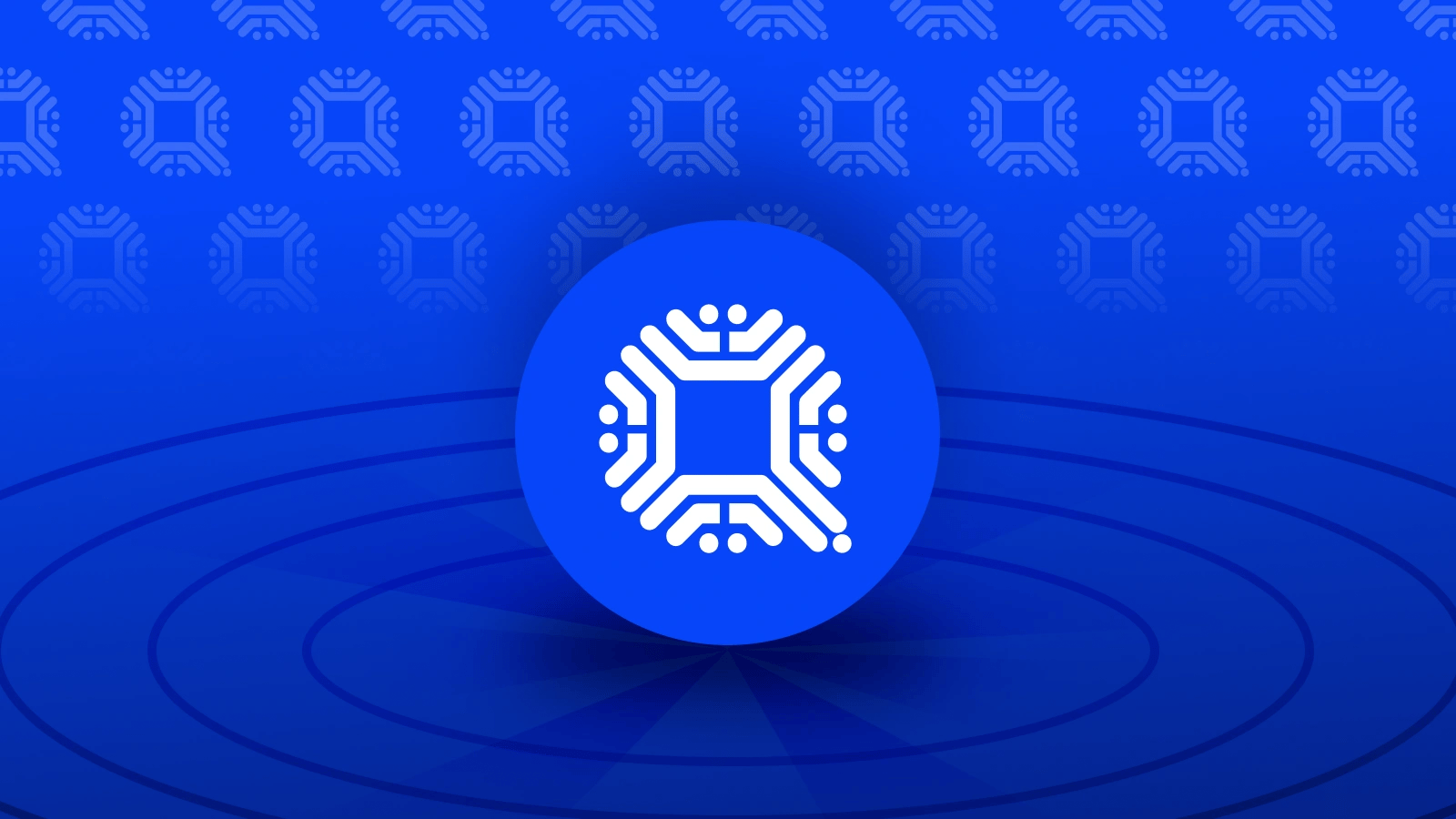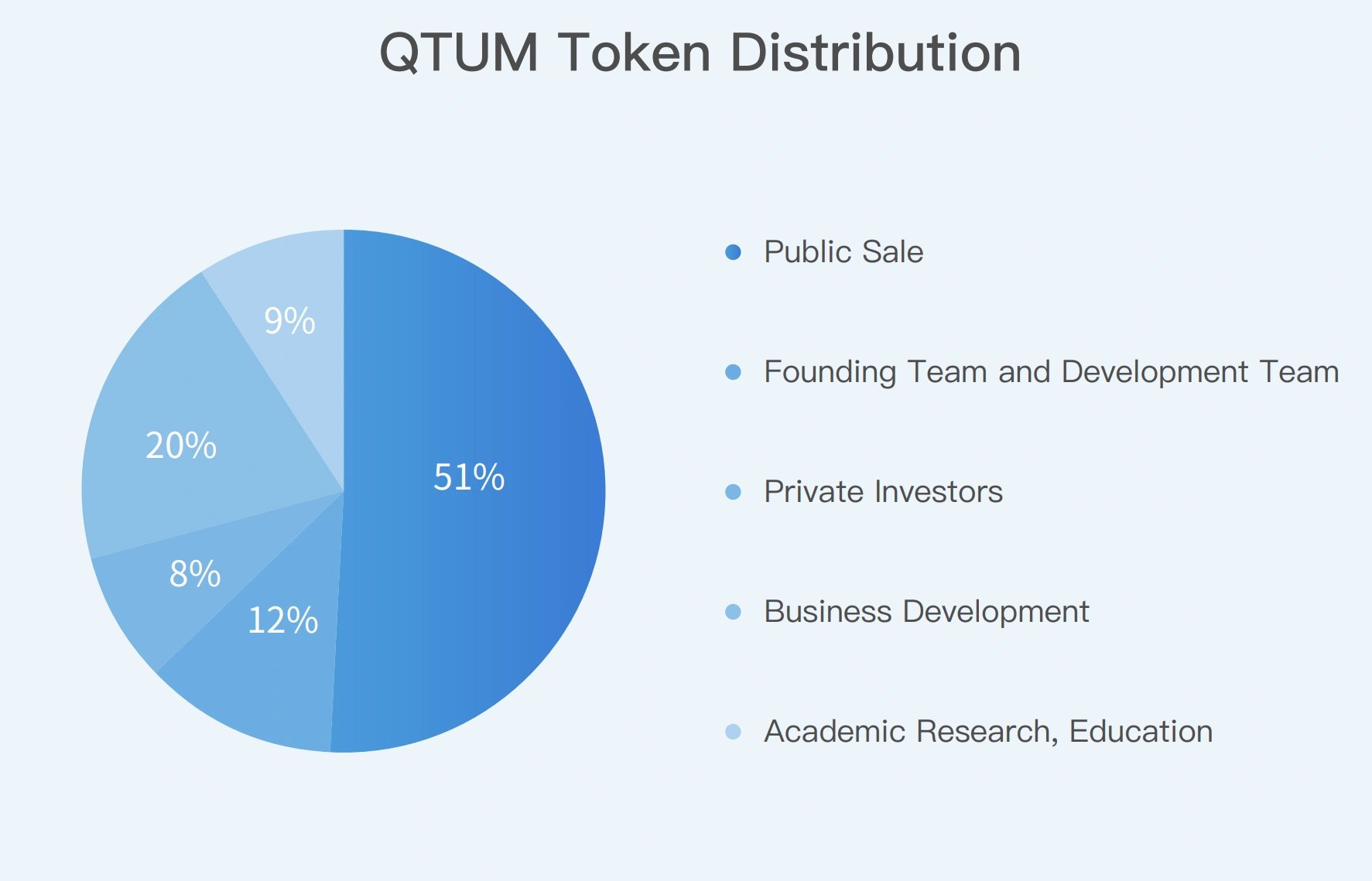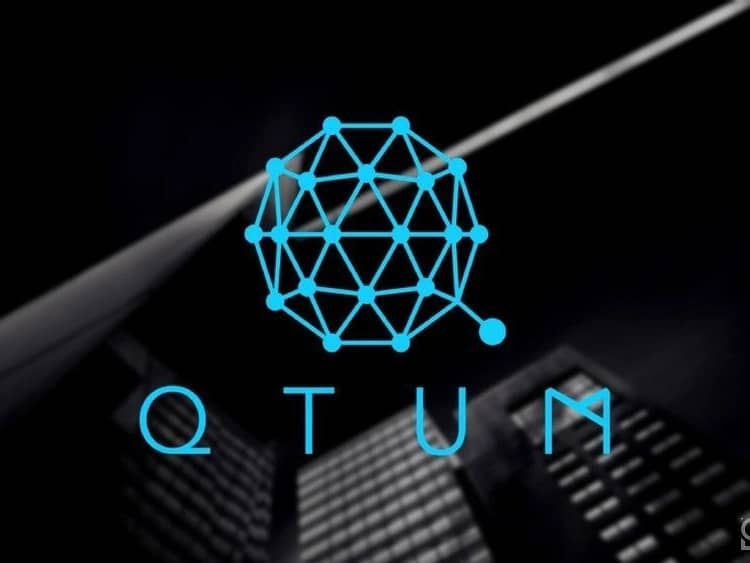Subscribe to wiki
Share wiki
Bookmark
Qtum
The Agent Tokenization Platform (ATP):Build autonomous agents with the Agent Development Kit (ADK)
0%
Qtum
Qtum is a cryptocurrency enabled for Enterprise and Business applications. In October of 2017, Qtum was the 15th largest cryptocurrency by Coin Market Cap.[1]

Features
Combining a modified Bitcoin Core infrastructure with an intercompatible version of the Ethereum Virtual Machine (EVM), Qtum merges the reliability of Bitcoin’s unfailing blockchain with the endless possibilities provided by smart contracts. Designed with stability, modularity and interoperability in mind, Qtum is the foremost toolkit for building trusted decentralized applications, suited for real-world, business oriented use cases. Its hybrid nature, in combination with a first-of-its-kind Point of Sales consensus protocol, allow Qtum applications to be compatible with major blockchain ecosystems, while providing native support for mobile devices and IoT appliances.[3]Smart Contract Lifecycle ManagementQtum, in cooperation with its academic partners, develops tools and methods to standardize the workflow for business smart contract development. This includes the formally verifiable translation of human-readable agreements to machine smart contracts, and the error-resilient specification of their elements, terms and conditions. [2]
Technical Characteristics
Account Abstraction Layer (AAL)
Qtum's Account Abstraction Layer (AAL) enables interoperability between the UTXO model and the smart contract Account model. This layer separates value transfer from contract execution.
Optimizations for interface and conversion were developed alongside four new opcodes:
- OP_CREATE: Creates smart contracts.
- OP_CALL: Invokes smart contracts and transfers QTUM.
- OP_SPEND: Allocates QTUM within contracts.
- OP_SENDER: Allows another address to cover gas fees. The AAL supports virtual machines auch as Qtum's x86 VM and the Ethereum Virtual Machine (EVM).
x86 Virtual Machine (VM)
The x86 VM leverages Von Neumann architecture, enabling compatibility with widely-used compilers and programming languages, such as Rust. This approach addresses Ethereum's Solidity and EVM limitations, improving features like variable-length keys, linear memory, and on-chain data analysis. Developers benefit from standard libraries, reduced development costs, and improved scalability through storage and lease models.
Mutualized Proof-of-Stake (MPoS)
Qtum employs MPoS, an enhancement of PoS 3.0, to mitigate security risks and incentivize decentralized staking. Block rewards are shared between the current block producer and nine prior producers (10% each), with 90% of the reward delayed by 500 blocks. This model increases the cost of potential attacks and reinforces network stability.
Decentralized Governance Protocol (DGP)
Qtum’s DGP allows for governance and blockchain upgrades without contentious hard forks. Stakeholders, including miners, developers, and token holders, vote on proposals, enabling self-management and iterative improvements for certain blockchain parameters.
Qtum 2.0 Enhancements
Qtum 2.0 introduces upgrades such as:
- Confidential Assets: Supports private asset issuance and circulation with enhanced privacy mechanisms and reduced costs.
- Offline Staking: Allows token holders to delegate staking to online nodes while maintaining control over their tokens.
- Chain-Cloud Integration: Optimizes blockchain scalability for commercial applications, addressing limitations in traditional block-by-time verification models. These technical innovations aim to enhance Qtum’s functionality, scalability, and developer accessibility. [4]
Standardization
Cooperating with a series of partners and third parties, Qtum aims to establish a smart contract hub, offering secure and thoroughly tested contract templates, tailor fitted for a multitude of industries and use cases, such as supply chain management, telecommunications, IoT, social networking, and many more. [1]
The platform also enables QR code use for easy payments and transfers. [3]
Roadmap
2016
- March 1: The Qtum blockchain project was officially initiated.
- October 31: Completion of the Qtum chain prototype.
- November: Establishment of the Qtum Foundation.
2017
- June 28: Release of Sparknet, Qtum's first testnet.
- August 18: Launch of Skynet, Qtum's second testnet.
- September 13: Deployment of the Qtum mainnet.
2018
- May: Introduction of the Qtum chain x86 virtual machine prototype.
- November: Plasma MVP released to enhance scalability.
- December: Integration of IPFS for decentralized data storage on the Qtum blockchain.
2019
- January 16: Realization of QTUM-BTC atomic exchange using a Decred-based payment script.
- July 2: Public beta release of Qtum Eclair, enabling Lightning Network functionality.
- July 10: QTUM-BEAM atomic exchange implementation announced by the Qtum Foundation.
- October 17: Upgrade of Qtum’s mainnet to version 2.0, featuring its first hard fork. [2] [4]
Tokenomics
Qtum Token ($QTUM)
The initial supply of QTUM, the native cryptocurrency of the Qtum blockchain, was set at 100 million tokens. These were generated through the coinbase transactions at a rate of 20,000 QTUM per block for the first 5,000 blocks. Of the total supply, 51 million QTUM tokens (51%) were distributed through a public token sale in March 2017. The proceeds from this sale are allocated to support the operations of the Qtum Chain Foundation, including activities such as system development, marketing, and financial and legal consultancy. [4]
Allocation

See something wrong?
The Agent Tokenization Platform (ATP):Build autonomous agents with the Agent Development Kit (ADK)
